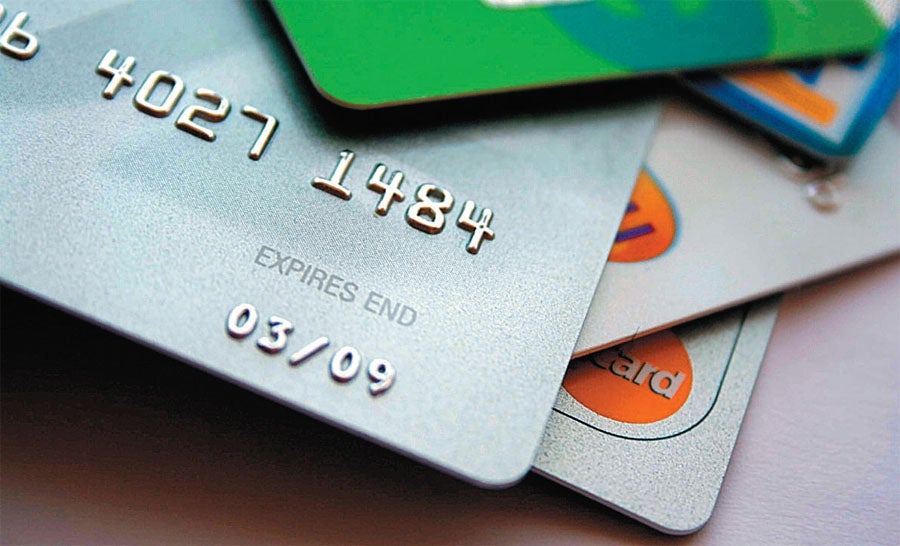Student finance: find an account you can bank on
It may seem the least of your worries when starting a new life at university, but picking the right bank account could prove critical a few years down the line.

Banks are keen to sign up students and all sorts of incentives will be thrown your way, from retail discounts to free travel cards.“Don’t be swayed by freebies and gimmicks,” says Claire Evenden, student finance adviser at University of Greenwich. Look at the size of the overdraft, the interest rates and the charges – how much are they and when they are taken?”
HBOS (which includes Halifax and the Bank of Scotland) offers the largest interest-free overdraft of up to £3,000 (see table below). In addition – even though it may seem a long way off now – it’s worth checking what happens on graduation: look for accounts that offer some kind of transition to post-student life by gradually phasing out the interest-free overdraft, or you could be in for a nasty shock.
A number of banks also offer student accounts that comply with shariah law: Lloyds TSB, for example, has an Islamic student account that neither charges nor receives interest. Make sure you get the most out of your bank: sign up for internet and telephone banking so you have 24-hour access to your account rather than waiting for statements to arrive. Some banks offer free text alerts to let you know what your balance is and when you’re nearing your overdraft limit, so make sure you sign up.
“Often the people who get into trouble are those who don’t know what’s going on or bury their heads in the sand,” says Barbara Wooden, senior welfare adviser at Northumbria University. “When you don’t have much money, it’s very important to keep a close eye on what’s going in and out so you can take action if needed.”
Plan your expenses and set up monthly standing orders to pay bills such as rent and utilities so you don’t fall behind. It’s worth having an online savings account where you can put any extra money aside to help out with unexpected expenses, such as a field trip or student ball. Don’t be tempted into putting little luxuries on a credit card. “Never ever have a credit card,” warns Evenden. “It’s just too easy to run up thousands of pounds of debt.”
Student overdrafts – how they stack up
Bank / Interest-free overdraft
Barclays
Year one: up to £1,000
Year two: up to £1,250
Year three: up to £1,500
Year four: up to £1,750
Year five: up to £2,000
Lloyds TSB
Year one: up to £1,500
Year two: up to £1,500
Year three: up to £1,500
Year four: up to £2,000
Year five: up to £2,000
Natwest
Year one: £1,250
Year two: £1,400
Year three: £1,600
Year four: £1,800
Year five: £2,000
Halifax/Bank of Scotland
Year one: up to £3,000
Year two: up to £3,000
Year three: up to £3,000
Year four: up to £3,000
Year five: up to £3,000
HSBC
Year one: up to £1,000
Year two: up to £1,250
Year three: up to £1,500
Year four: up to £1,750
Year five: up to £2,000
- This table represents just a selection of banks and building societies to give you an idea of what’s available. For more information, visit individual websites.
Web aid
Uniaid student calculator
Add up your incomings and outgoings minus the hassle www.studentcalculator.org.uk
Educational Grants Advisory Service
Guidance and advice on student finance www.egas-online.org
Money Saving Expert
Sign up for a weekly e-mail of money tips www.moneysavingexpert.com/banking/student-money-saving
Subscribe to Independent Premium to bookmark this article
Want to bookmark your favourite articles and stories to read or reference later? Start your Independent Premium subscription today.

Join our commenting forum
Join thought-provoking conversations, follow other Independent readers and see their replies